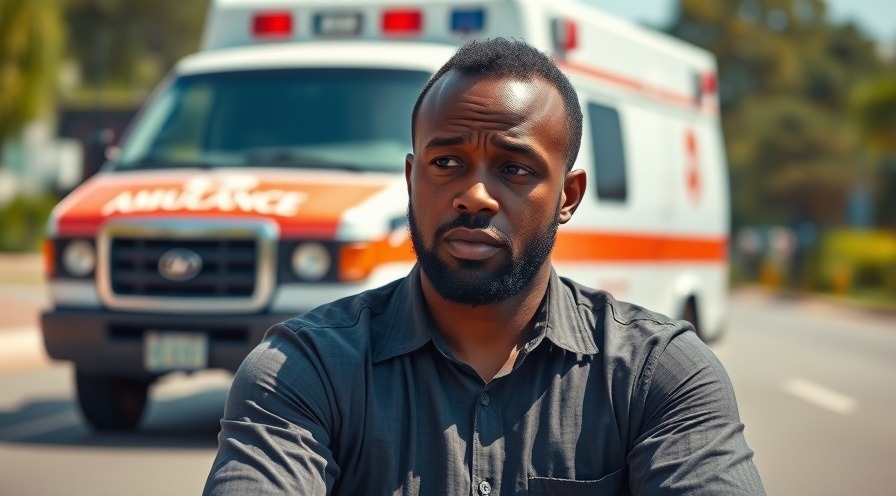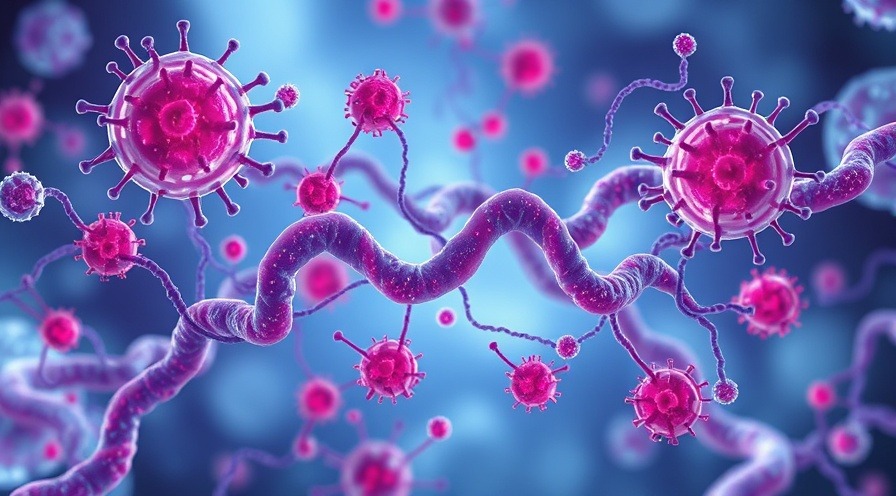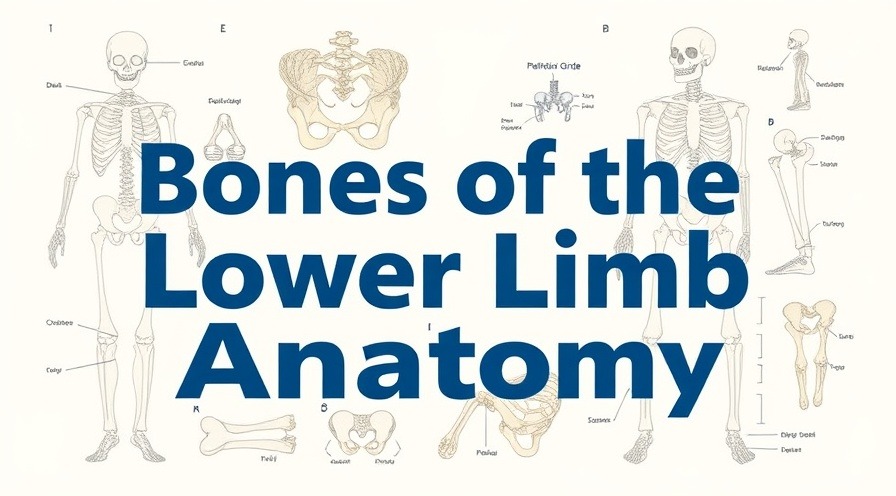
When Should You Call 911? Understanding Medical Emergencies
In a world where minutes can make the difference between life and death, knowing when to call 911 is crucial. The video 'When to call 911' with Dr. Eduardo Sanchez emphasizes that immediate action is essential for genuine medical emergencies. Symptoms like severe chest pain, difficulty breathing, choking, and stroke symptoms should prompt an immediate call to 911. If someone you know exhibits these signs, don't hesitate; every second counts.
In 'When to call 911', the discussion dives into critical situations where immediate action is necessary, exploring key insights that sparked deeper analysis on our end.
Common Reasons People Hesitate to Call 911
Despite the urgency, many individuals hesitate to dial 911. This reluctance can stem from uncertainty about a situation's severity. For instance, someone experiencing chest pain may confuse it with indigestion or anxiety. Moreover, there are cultural factors where certain communities may distrust calling authorities or prefer to handle emergencies within the family. Fear of financial implications or legal issues can stem from prior experiences, leading people to downplay critical situations.
Your Safety is Paramount: Situations Beyond Medical Emergencies
While medical emergencies are the primary reason to call 911, it's important to note that the line is also essential for addressing public safety threats. Situations like active shooter incidents, vehicle accidents blocking traffic, or downed power lines require immediate reporting. Dr. Sanchez reminds us that any fire or hazardous material spill must alert emergency services right away; it could prevent further danger to the community.
When Not to Call 911: Understanding the Difference
Dr. Sanchez emphasizes that 911 should be reserved for genuine emergencies. Calling about minor injuries, non-life-threatening traffic accidents, or noise nuisances can divert precious resources from those truly in need. Instead, consider alternative services for such issues, ensuring that emergency lines remain free for urgent matters only. This approach not only prioritizes lives but also promotes the efficient use of emergency services.
Actionable Tips for Emergency Preparedness
To empower yourself and those around you, familiarize yourself with what constitutes an emergency. It’s not just about calling in a crisis but preparing for the unexpected. Have emergency contact numbers saved, keep a first-aid kit ready, and educate your family about basic emergency response protocols. Being proactive can make all the difference should a crisis arise.
Final Thoughts: The Importance of Trusting Your Instincts
Trusting your instincts when faced with potential emergencies is vital. If you feel unsure, it's always safer to call 911. Those trained dispatchers are equipped to handle the situation and can offer guidance on what to do while help is on the way. Remember, it’s better to be safe than sorry.
Calling 911 might feel uncomfortable, but it’s a critical tool for ensuring safety and health. By understanding when and how to use this system, you can be part of a community that looks out for one another.
 Add Row
Add Row  Add
Add 




Write A Comment